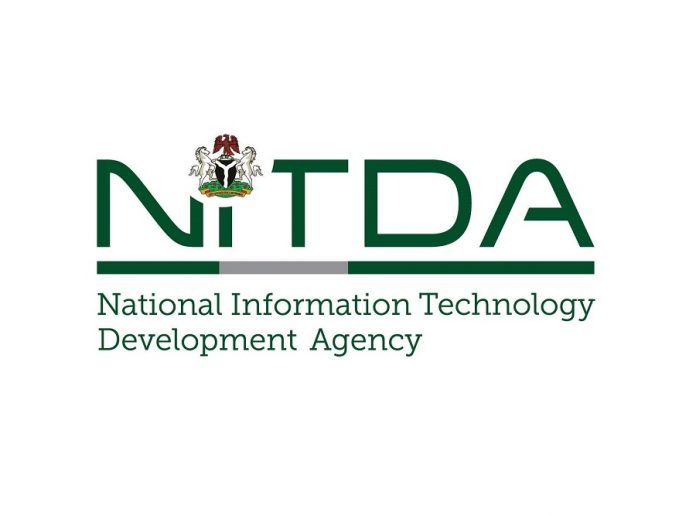NITDA: Integrate Warranty and After-Sales Support into SLAs
TECH DIGEST- In order to lower the costs incurred by the government in the acquisition of IT goods and services, the Nigerian Federal Ministries, Departments, and Agencies (MDAs) have been requested to make sure that their Service Level Agreements (SLAs) contain provisions for warranty, downtime, and after-sale support.
This week in Abuja at the Consumer Protection Forum, Kashifu Inuwa Abdullahi, the director general of the National Information Technology Development Agency (NITDA), made a statement titled “Review of the Guidelines for Introduction of SLA in Government Contracts.”
READ ALSO: Pantami To Lead Software Ecosystem Players To Testnigeria Conference
According to the NITDA boss, the objectives of the guideline, which is in consonance with Section 6a, 17, 18(4) and 32 of the NITDA Act 2007 is to ensure that IT projects in government are implemented and supported in a sustainable and timely manner
“The NITDA IT Clearance has proven to be a great cost cutter for the Federal Government,” said Abdullahi who was represented by the Director, Standards, Guideline and Framework, Mr. Oladejo Olawunmi.
The NITDA director described the forum as a platform that brings vendors and customers of IT products and services together to discuss areas where IT service delivery faces challenges. He also noted that it will raise awareness of consumers’ rights regarding IT products and services to ensure efficient and effective service delivery. The Nigerian digital economy’s expansion, he claimed, would be hampered by certain factors, which would be identified by the Consumer Protection Forum.
“Two weeks ago, NITDA had a very successful international conference, the Digital Nigeria International Conference where the need to pull down barriers which stifle innovation in the Digital Economy was highly recommended. The Consumer Protection Forum is a platform to identify such barriers,” he said.
“NITDA, under its mandate of regulation of the IT sector in Nigeria and in furtherance of its Developmental Regulation pillar, which is one of the seven pillars of the Agency’s Strategic Roadmap and Action Plan (SRAP 2021-2024) is always seeking to ensure the efficient and effective delivery of IT products and services. This is more so because of the significant role IT has played on the country’s economy in recent years and the more critical need for the Digital Economy to provide the much-needed succor from the prevailing global economic downturn.”
He said there was a need to have a “viable enabling environment” for the digital economy to thrive, adding that it is not only enough to only have innovations in the emerging technologies but to ensure that players in the industry thrive under a mutually cohesive environment which makes the SLAs an imperative.
The lead reviewer of the guideline, Barrister Babatunde Bamigboye in a sideline interview explained that the guideline is to ensure sustainability of government IT projects and services among the Federal Public Institution. He said the move would help the government to save cost.
“The SLAs means that government will not have to be spending money repeatedly on ICT. Once we have achieved one, we move on to the others. That is the ultimate goal, and it would make our digital economy be built on something that is sustainable because if we are talking about the digital economy, the infrastructure should be on solid ground in terms of ICT and how can we get the solid infrastructure if we don’t have agreements or guidelines on how to get those infrastructures in place,” he said.
Participants at the event, who represented a variety of MDAs, agreed that putting the rules into place would ensure effective delivery of goods and services.
















